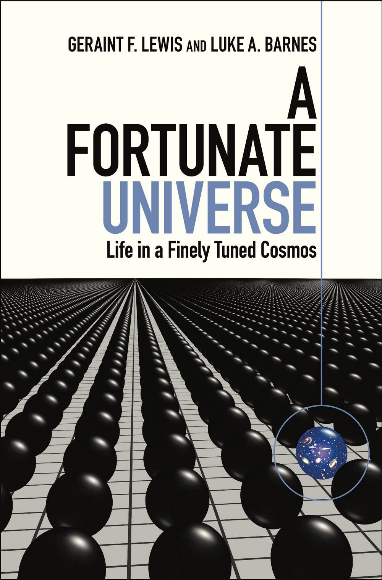Astronomy
Plasma Astronomy: A Different View
Plasma astronomy has been of interest to some who are interested in the origin of the universe and in how galaxies, stars, and planets formed. Opinions vary on the validity and relevance of plasma astronomy. Astronomers and electrical engineers, in particular, seem to have different views on its validity. In this article we shall look into plasma astronomy and some evidence related to it.

The Search for Extraterrestrial Intelligence (SETI)
On August 7, 1996 headlines across the country emblazoned the news that NASA had identified evidence of life on Mars. A meteorite named AHL84001 had been found in the Antarctic and was studied by a team of ten NASA and Stanford University scientists. Their conclusion was that life was present on Mars some 3.6 billion years ago. 1

Creation Ministries International’s Recent Superconference at Myrtle Beach
I recently attended the Creation Ministries International (CMI) five-day Creation 2022 Superconference at Myrtle Beach, South Carolina. TASC board members Drs. Jeff Gift and David Greear were also in attendance. The conference was held from May 30 to June 3 at the beautiful Hilton Myrtle Beach Resort, located right on the ocean. There were 597 in attendance from all over the country, 22 lectures, 10 CMI presenters, a massive bookstore, a children’s program, optional opportunities to attend a guided tour through a nearby aquarium with marine biologist Dr. Robert Carter or to match wits with chess master Dr. Jonathan Sarfati, and free time to enjoy the beach.

Faster than Light - part 2
NOTE on terminology: CDK implies that light was faster in the past, and then over time, gradually decayed. So, CDK refers to the DeKay (decay) of C (the speed of light): CDK.
This article is a continuation of the article Faster than light? 1 which explores the possibility of the speed of light being faster in the past.

Redshift Quantization Explained
The redshift is an effect observed in astronomical data in which the color of light from distant objects is shifted toward longer wavelengths (the red end of the spectrum).
In this short article, we shall not try to examine thoroughly every attempted interpretation of the red shift, but we shall briefly examine a few generally well-known ones and primarily focus on a relatively new one.
The following are some well-known conventional explanations of redshift:
Does Changing Speed of Light Violate Energy Conservation?
The Problem
One problem for young-earth creationists (those claiming that God created the universe only thousands of years ago, rather than billions of years ago) has been the apparent great age of distant galaxies.
Restoring the Truth About Origins: Book I—Introduction, Availability and Overview

Figure 1 - Front cover of the book
We are excited to announce that TASC‘s Restoring the Truth About Origins: Book I is now available! We pray and hope you will purchase copies for yourself, family, and associates as gifts to enjoy and be even better edified on this important topic of origins. What we think about our origins has had a profound influence on the thinking and actions in our society in the past and will today and in the future. So we encourage you to get copies today (see ordering information under Availability and Purchasing heading below)!

